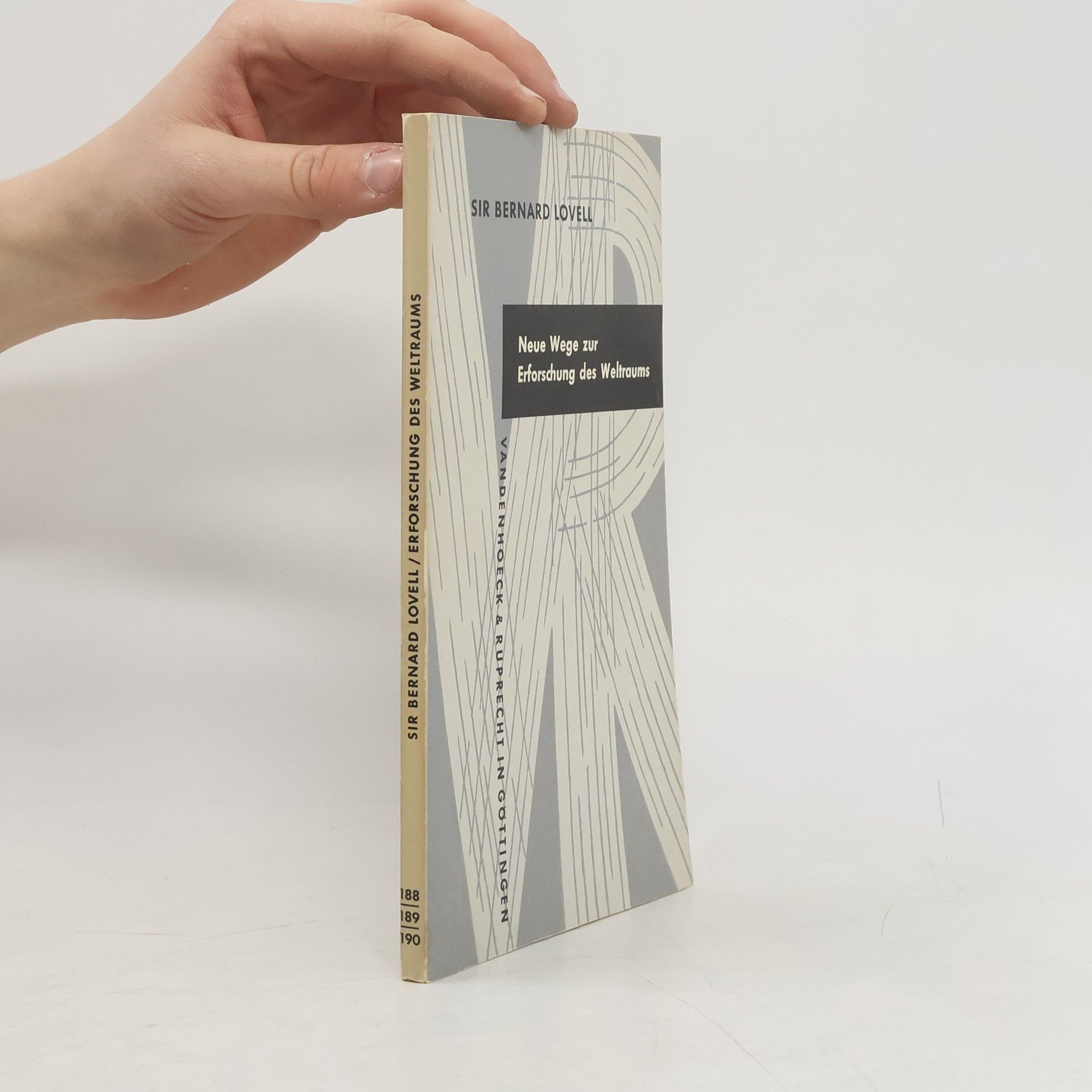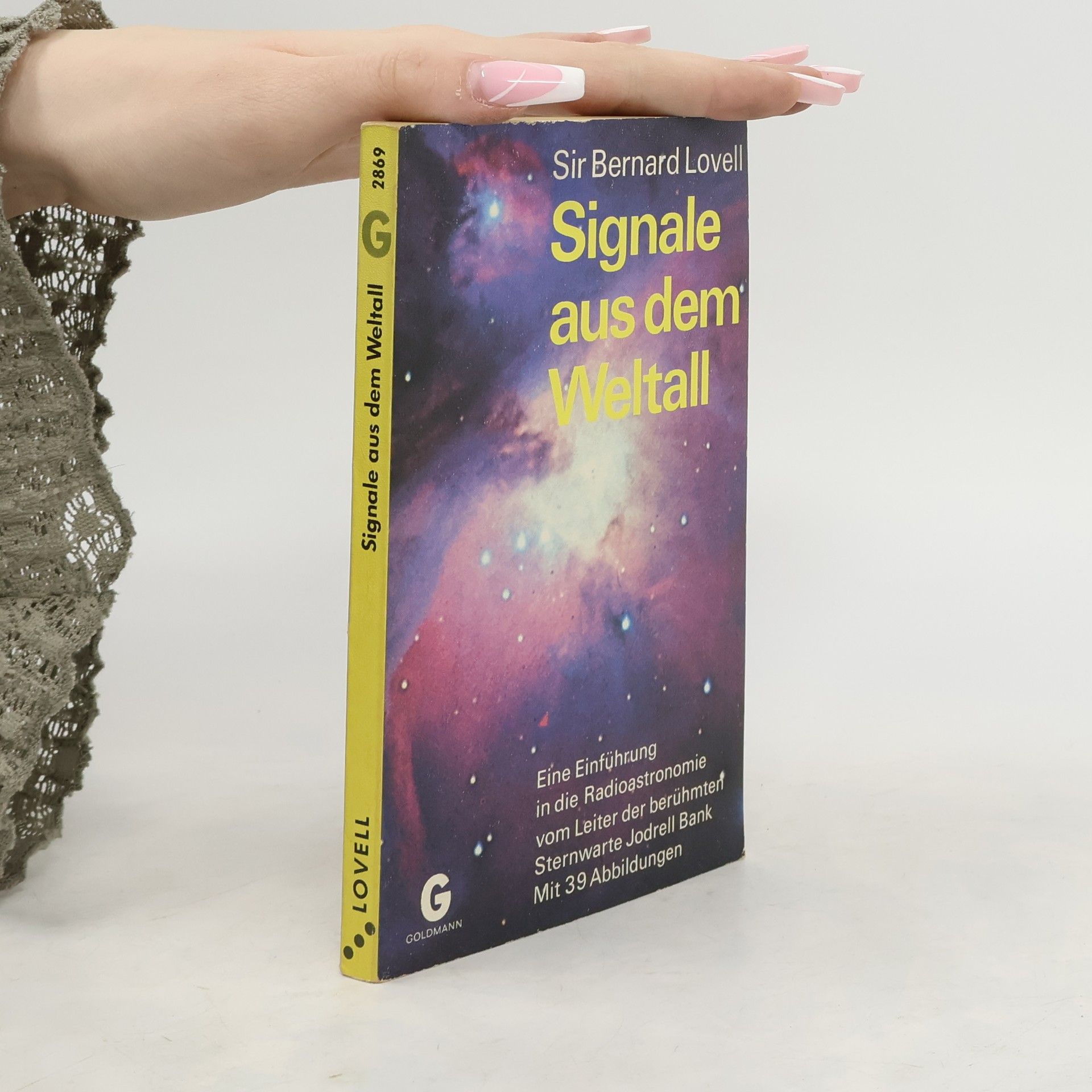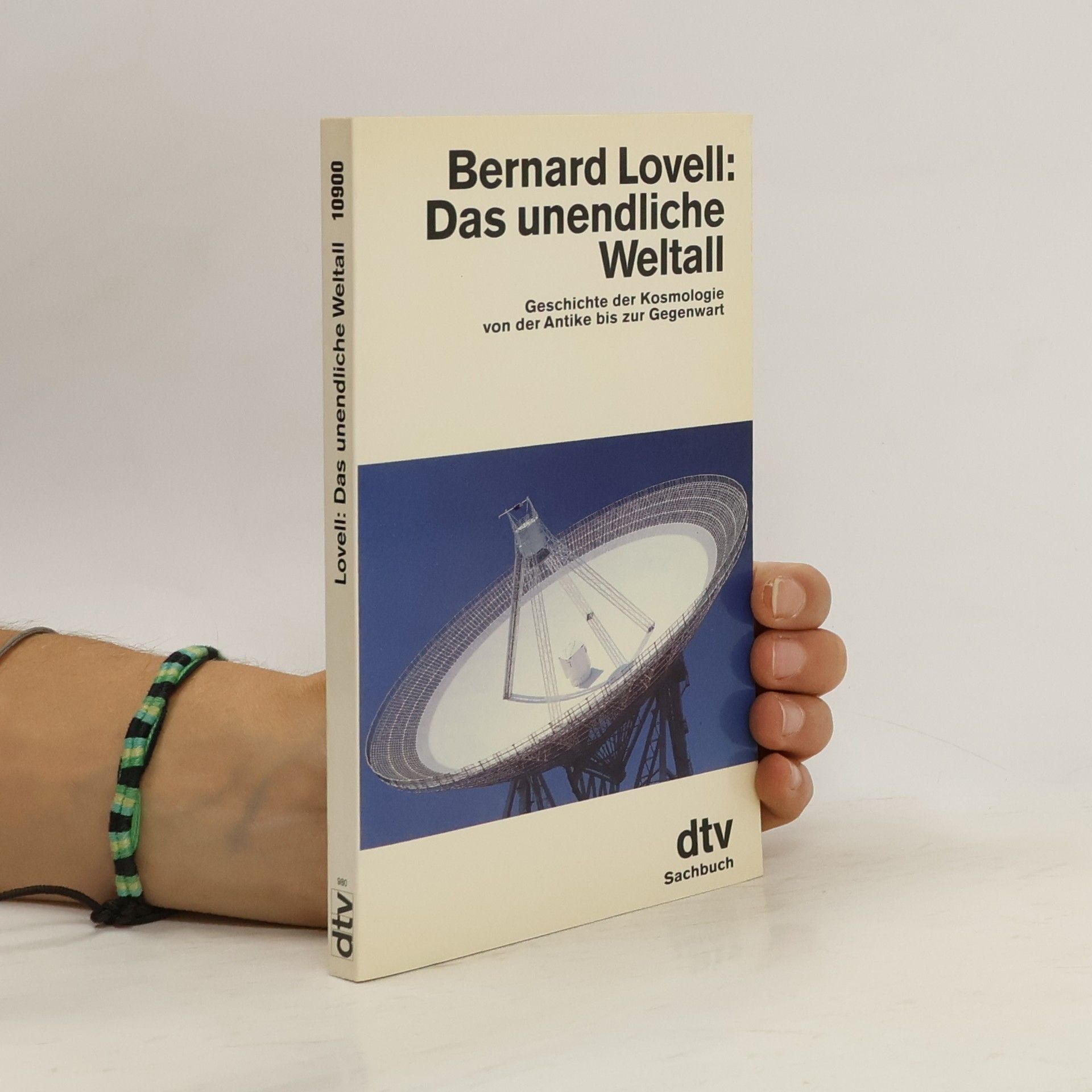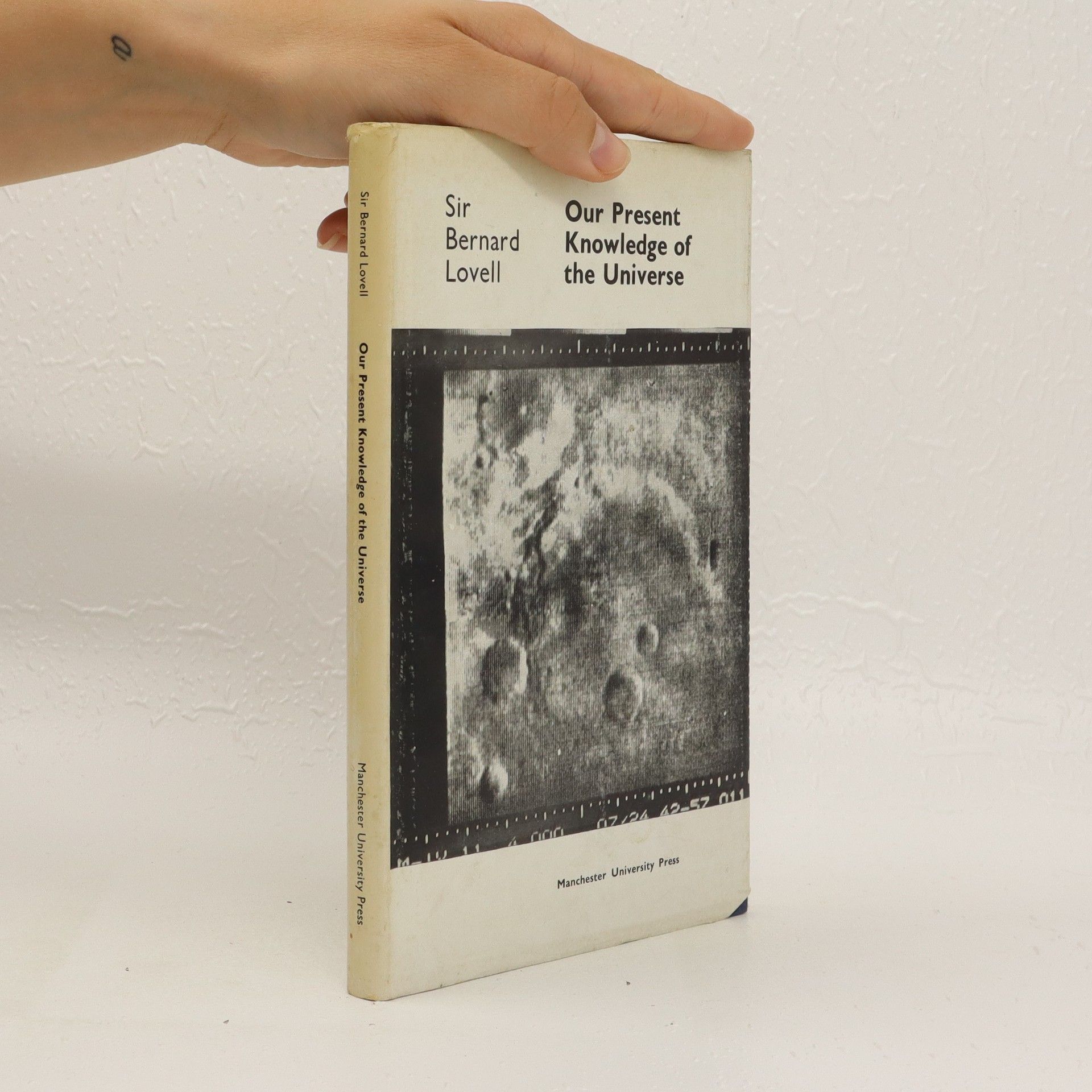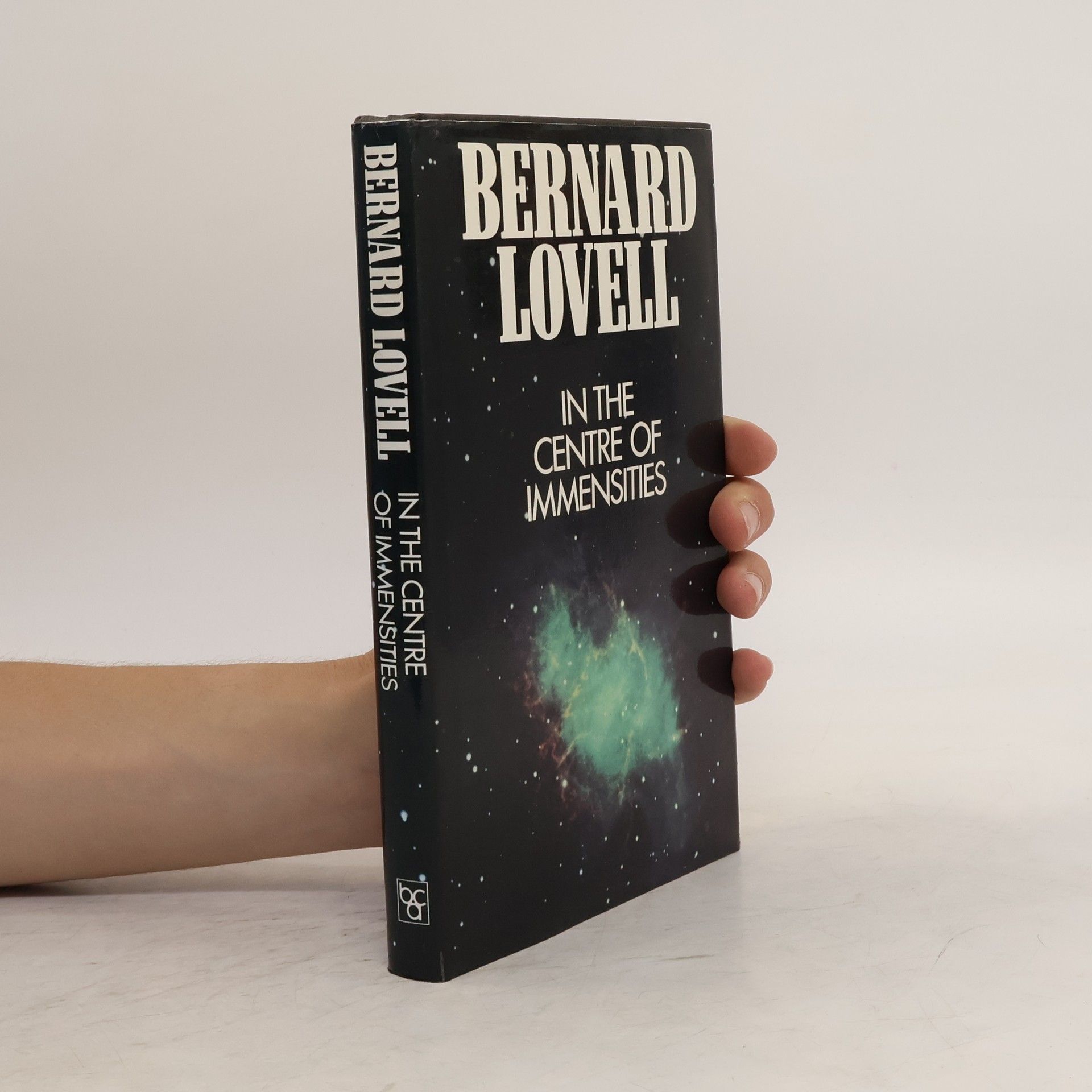Bernard Lovell Book order (chronological)
August 31, 1913 – August 6, 2012
Bernard Lovell was a pioneering physicist and radio astronomer whose work in radar technology during World War II laid the groundwork for his subsequent pivotal space research. Post-war, he established the Jodrell Bank Observatory, utilizing innovative radio telescopes to investigate meteors and cosmic rays. His fascination with the universe's grand questions was highlighted in a series of radio lectures, delving into philosophical inquiries about humanity's place in the cosmos. Despite his scientific endeavors, Lovell maintained a deep appreciation for music and nature, reflecting a lifelong pursuit of harmony in both science and personal life.
